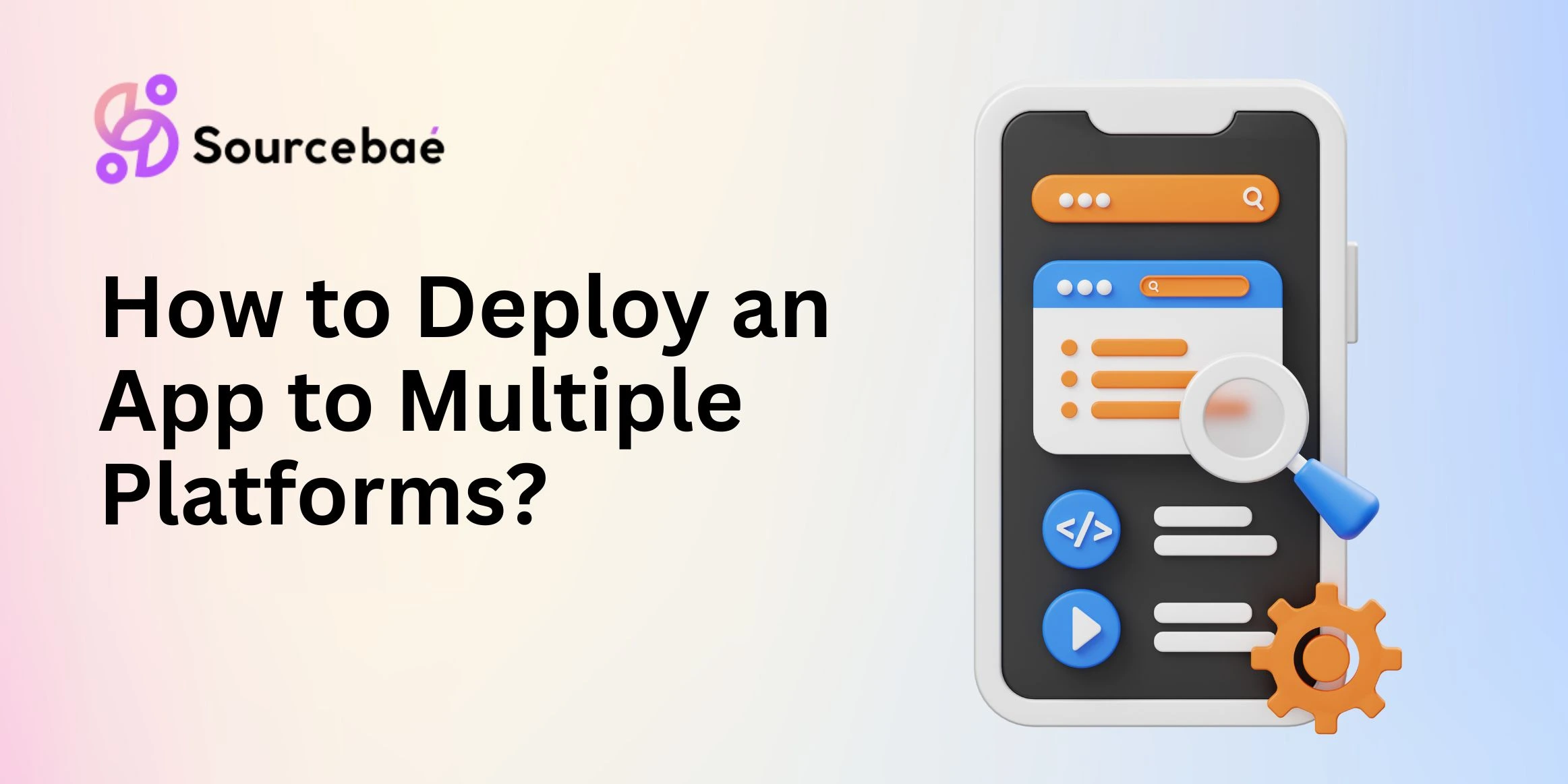In today’s digital age, the success of an app often depends on its availability across multiple platforms. Whether you’re a seasoned developer or a newcomer to the world of app deployment, this guide will walk you through the steps to ensure your app reaches a wide audience. So, how do you deploy an app to multiple platforms? Let’s dive in.
1. Understanding the Basics
Deploying an app to multiple platforms requires a solid understanding of the fundamentals.
What Is App Deployment?
App deployment refers to the process of making your application available for users to download and use on different platforms, such as iOS, Android, and web browsers.
The Importance of Multi-Platform Deployment
Why bother with multi-platform deployment? It allows you to reach a broader audience, increase user engagement, and maximize revenue potential.
2. Preparing Your App
Before you can deploy your app, you need to make sure it’s ready for different platforms.
Cross-Platform Development
Consider using cross-platform development tools like React Native or Flutter to streamline the development process for multiple platforms.
Testing and Quality Assurance
Thoroughly test your app on each target platform to ensure a seamless user experience.
3. Platform-Specific Considerations
Each platform has its unique requirements and guidelines for app deployment.
App Store Submission (iOS)
Learn how to submit your app to the Apple App Store, including the necessary certificates and approvals.
Google Play Store Submission (Android)
Discover the steps to publish your app on the Google Play Store, adhering to Google’s guidelines.
Web Deployment
Explore methods for deploying web apps across various browsers and platforms.
4. App Store Optimization (ASO)
To stand out in the crowded app marketplace, you’ll need to optimize your app store listings.
Keywords and Descriptions
Craft compelling app descriptions and use relevant keywords to improve discoverability.
App Ratings and Reviews
Encourage positive user reviews and ratings to boost your app’s credibility.
5. Marketing Your App
Effective marketing is crucial for success.
Social Media Promotion
Harness the power of social media platforms to reach a wider audience.
Paid Advertising
Consider investing in paid advertising campaigns to increase app visibility.
FAQs
Q: Can I deploy my app to both iOS and Android simultaneously?
A: Yes, you can deploy your app to both platforms concurrently by following platform-specific guidelines.
Q: What is the cost associated with app deployment?
A: Costs can vary widely depending on the platforms you choose and any marketing strategies you employ.
Q: Are there any tools to simplify app deployment?
A: Yes, tools like Firebase and Microsoft App Center offer streamlined deployment processes.
Q: How long does it take to deploy an app?
A: The time required for deployment depends on factors like app complexity and platform-specific requirements.
Q: Do I need coding skills to deploy an app?
A: While coding skills are beneficial, there are user-friendly app development platforms available that require minimal coding knowledge.
Q: Is it possible to update my app after deployment?
A: Yes, you can release updates and improvements to your app post-deployment.
Conclusion
Deploying an app to multiple platforms is a multi-faceted process that involves careful planning, development, and marketing. By following the steps outlined in this guide, you can increase your app’s reach, engage a broader audience, and maximize your chances of success in the competitive world of app development.
READ MORE: How do I update a JSON column in MySQL?





